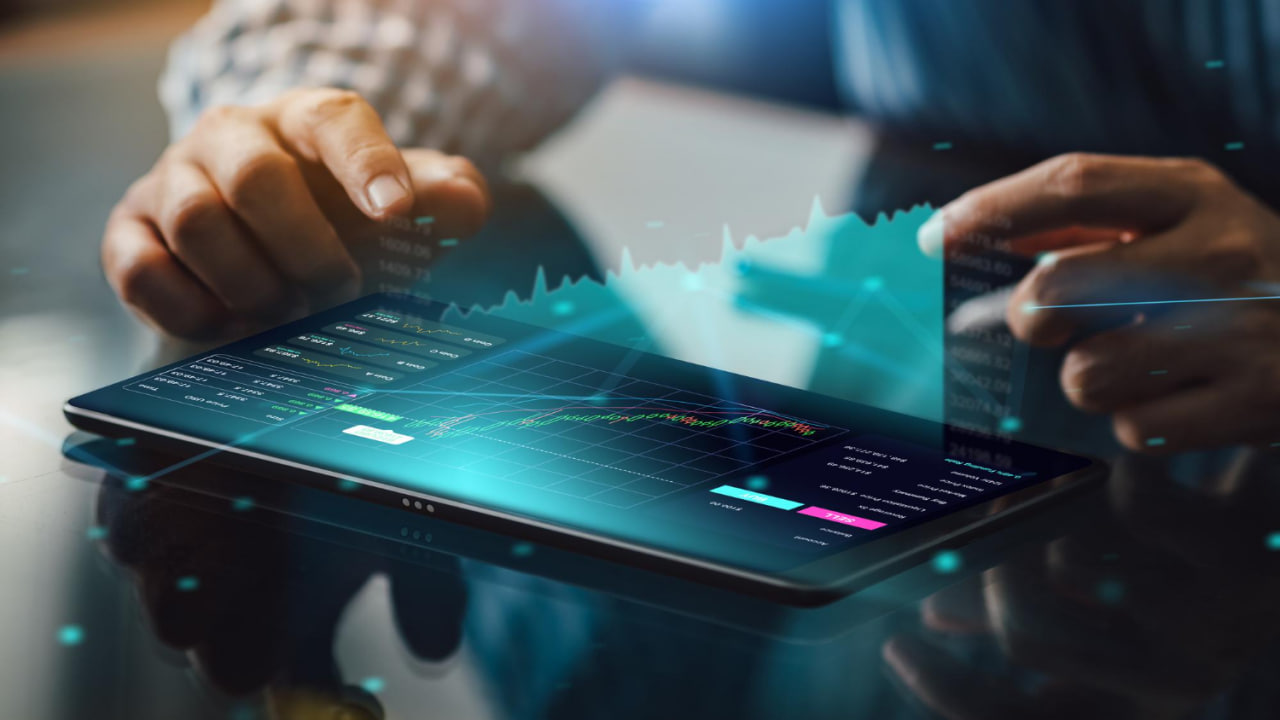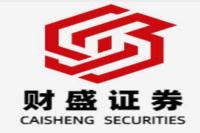Volkswagen Workers Strike: A Deep Dive into the German Auto Giant's Labor Dispute
Meta Description: Volkswagen labor dispute, German auto industry strike, IG Metall, cost-cutting measures, electric vehicle market, employee impact, future of automotive manufacturing. Understanding the complexities of the Volkswagen worker strike and its implications for the future of the auto industry.
The rumble of discontent is growing louder in the heart of Germany's automotive industry. Volkswagen, a titan of global manufacturing, is facing a showdown with its workforce, a situation that ripples far beyond the factory floors. The planned strike, a stark warning shot across the bow of management, reveals a brewing storm of economic anxieties, technological disruption, and the changing landscape of the automotive sector. This isn't just another labor dispute; it's a pivotal moment reflecting the broader challenges facing established automakers as they navigate the turbulent waters of the electric vehicle revolution and increasingly ferocious global competition. Think Tesla's meteoric rise, the aggressive expansion of Chinese EV makers, and the relentless pressure to innovate – these factors aren't just impacting profit margins; they're pushing companies to make tough decisions impacting their most valuable asset: their employees. This deep dive will dissect the intricacies of this conflict, examining the underlying causes, the potential consequences, and the broader implications for the future of the automotive landscape. We'll delve into the perspectives of both the union and Volkswagen, exploring the arguments, the compromises, and the potential for a long, drawn-out battle. Get ready to buckle up, because this is one wild ride! We'll uncover the realities of the EV transition, discuss the challenges faced by established players like Volkswagen in this fast-paced environment, and explore the future of work in the automotive sector. This is not just a story about a strike; it's a story about the future of work, the future of mobility, and the future of a global icon. Prepare to be informed, engaged, and maybe even a little surprised!
Volkswagen Labor Dispute: A Breakdown of the Issues
The current situation at Volkswagen is far from simple. It's a perfect storm brewing from several key factors. The core issue, as stated by IG Metall, is cost-cutting. However, the context is absolutely crucial. We're not talking about arbitrary cuts; we're discussing survival in a rapidly evolving market. The electric vehicle (EV) market is fiercely competitive, and legacy automakers like VW are facing immense pressure to adapt. This means massive investment in new technologies, R&D, and infrastructure – all while grappling with the legacy costs of traditional manufacturing. Think of it like this: it’s like trying to remodel your entire house while still living in it – messy, expensive, and requiring some tough decisions.
The transition to EVs isn't just a matter of swapping out engines; it requires a complete overhaul of production processes, supply chains, and even the skills of the workforce. This is why the union's concerns are understandable. Job security is paramount, and the fear of automation and restructuring is a legitimate anxiety for workers who’ve dedicated their careers to Volkswagen. The union, IG Metall, is not just fighting for higher wages; it's fighting for a future where its members have a place in the newly electrified world.
The Key Players:
- IG Metall: A powerful German trade union representing metalworkers, including a significant portion of Volkswagen's workforce. Their influence extends far beyond Volkswagen, making this dispute a bellwether for the entire German automotive industry.
- Volkswagen: A global automotive giant, facing significant challenges in transitioning to electric vehicles while maintaining profitability and market share. Their response to this labor dispute is crucial for setting the precedent for future negotiations and industry-wide adaptation.
The negotiations haven't been smooth sailing. Reports suggest a breakdown in communication and a significant gap between the union's demands and management's proposed cost-cutting measures. This lack of consensus has led to the announced strike action.
The Impact of the Strike: A Ripple Effect Across the Industry
The impact of the Volkswagen strike will be felt far beyond the German borders. Volkswagen is a global player, and any disruption to its production will have knock-on effects on its supply chains, its dealers, and ultimately, its customers. The planned rolling strikes, while initially limited to a few hours per day, represent a serious escalation. If the dispute drags on, the consequences could be severe. Think about the potential production delays, the impact on vehicle deliveries, and the uncertainty facing dealerships and consumers.
Furthermore, the strike sets a precedent for other automakers. The success (or failure) of IG Metall's efforts to protect workers' rights and secure a fair transition to the EV era will likely influence negotiations at other companies facing similar challenges. The implications for the broader automotive industry are huge.
The Future of Automotive Manufacturing: A Changing Landscape
The Volkswagen strike highlights the profound changes sweeping through the automotive sector. The transition to electric vehicles is more than just a technological shift; it's a societal and economic transformation. It requires a rethinking of production processes, supply chains, and workforce skills. The skills gap is already a significant concern, and this transition will only exacerbate the problem. We need to look at retraining programs, investment in education, and the creation of new jobs in the EV sector to mitigate the risks to workers. The future of work in the automotive industry will depend on the ability of companies, unions, and governments to collaborate and create a just transition for all.
FAQs: Addressing Your Questions About the Volkswagen Strike
Here are some frequently asked questions about the ongoing Volkswagen strike:
Q1: How long will the strike last?
A1: The duration of the strike is uncertain. It depends heavily on the outcome of further negotiations between IG Metall and Volkswagen. The initial warnings strikes are short, but a prolonged dispute could significantly impact production.
Q2: What are the key demands of IG Metall?
A2: IG Metall's primary demands center around job security and fair compensation during Volkswagen's transition to electric vehicles. They want assurances that workers won't be left behind as the company shifts its focus.
Q3: What are Volkswagen's arguments?
A3: Volkswagen argues that cost-cutting is necessary to compete in the highly competitive EV market. They need to invest heavily in new technologies and infrastructure, and this requires difficult decisions.
Q4: What impact will this have on car buyers?
A4: Prolonged strikes could lead to production delays and shortages of Volkswagen vehicles. This could result in higher prices and longer waiting times for customers.
Q5: What role does automation play in this dispute?
A5: Automation is a significant underlying concern. The transition to EVs often involves automation, leading to anxieties about job displacement among Volkswagen's workforce.
Q6: What are the broader implications for the automotive industry?
A6: This dispute sets a precedent for other auto manufacturers facing similar challenges in their transition to electric vehicles. The outcome will influence labor relations and negotiations across the industry.
Conclusion: A Turning Point for the Automotive Industry?
The Volkswagen labor dispute is far more than just a localized conflict. It's a microcosm of the broader challenges facing the automotive industry during its transition to electric vehicles. The success or failure of negotiations will shape the future of labor relations, the pace of innovation, and the very structure of the industry itself. The coming weeks and months will be crucial in determining the outcome, and the ripple effects will be felt globally. The question remains: will this be a turning point, paving the way for a more equitable and sustainable future for both workers and the industry, or a harbinger of deeper conflicts to come? Only time will tell.



